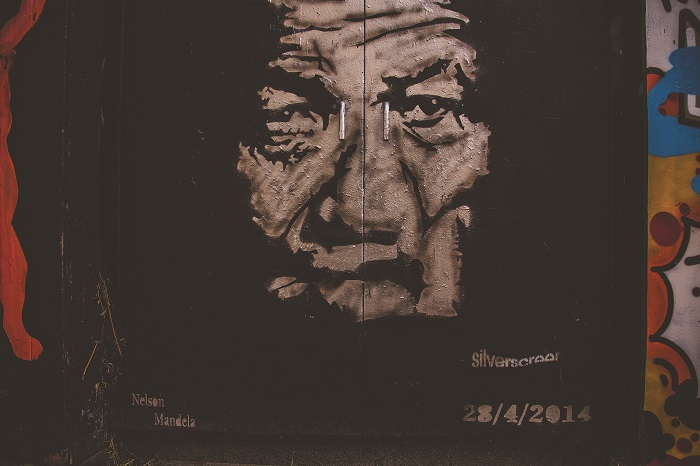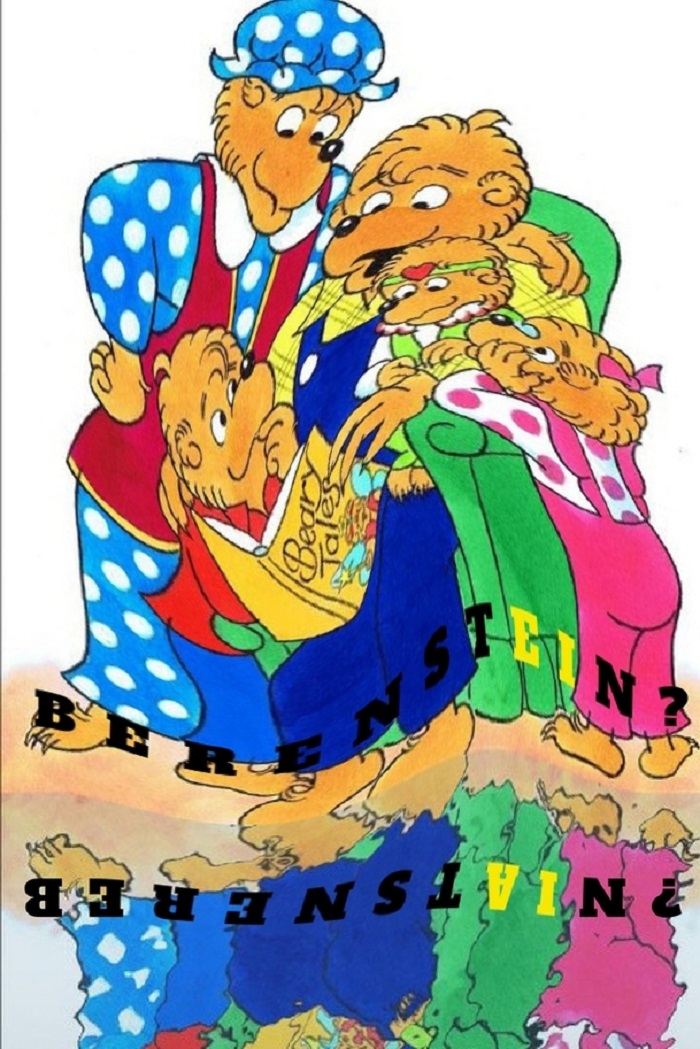
I’m sure you’ve heard or even used the phrase, “Life is like a box of chocolates,” from the acclaimed film, Forrest Gump. No? How about the time you and some friends were reminiscing about the classic, Return of the Jedi, and one of you, in your best James Earl Jones voice, said, “Luke, I am your father”?
What about Ann Rice’s book, and later, movie, Interview with a Vampire (notice anything strange)? How about the wildly popular book and television series, The Berenstein bears?
Now what if I told you that Forrest Gump never said, “Life is like a box of chocolates,” but instead, “Life was like a box of chocolates”; or that Darth Vader never included Luke’s name in, arguably, one of the most famous cinematic lines ever, but had the interjection, “no,” in its stead (“No, I am your father.”); or that Interview with a Vampire, either the book or the movie, never existed, because the title never contained an indefinite article (Interview with the Vampire), and is merely a misnomer; or, similarly, that there was never a book series or a television show titled, The Berenstein Bears—it has always been The BerenSTAIN Bears?
 These are just a few of many examples of glitches in memory and mental oddities in how we as a society hold onto false memories. These are examples of what is now known as The Mandela Effect.
These are just a few of many examples of glitches in memory and mental oddities in how we as a society hold onto false memories. These are examples of what is now known as The Mandela Effect.
There are few conversation starters that begin with such nostalgic confusion as bringing to notion that these quotes, these titles, and many more memories we hold collectively as a society are not only wrong, they never existed in the first place.
Sinbad never played a genie in a film from the 90s, despite a vitriolic fire of contrary belief sweeping across the web. Pikachu’s tail has never been black-tipped. Famous Rich Uncle Pennybags, the beloved Monopoly character, never sported a monocle.
Before I explain further, and before you stampede to the Google Gadget, let me assure you—I am not wrong. These are all common examples that have caused a great amount of strife and confusion among the masses equally. Certainly one, if not all, of these examples has you scratching your head; and I was in the same paradoxical bewilderment.
“Life was like a box of chocolates.” It certainly was, despite what a lot of us remember with scary certainty—or do we?
The Mandela effect, a term coined by Fiona Broome, who, along with thousands, was certain Nelson Mandela died in prison in the late 80s, despite the fact he didn’t pass until late 2013—she even has a distinct memory of watching the funeral on television—is what happens when a large group of unconnected people harbor the exact same memory with the exact same details, even though these recollections are not supported by history books, newspaper archives, etc. This strange phenomenon has traveled the distance of the Internet like a flash-fire in recent years.
There are a slew of theories surrounding this quandary—from the fun and abstract explanation that these memories did happen, only in a different dimension along the same timeline in which we’ve slipped into and back again, to a purely natural phenomena.
The concept of false memory is not new; however, the scope of just how many people share the exact memory of certain things that never existed is startling and eerie. The Mandela effect is a peculiar look at how unconscious memories can be conditioned through the endless scope of seamless inter connectivity people have with one another, especially with the advent of the internet.
Do people remember “Luke, I am your father” more than “No, I am your father” simply because of how common phonetics and syntax is processed in our minds? Do we remember The Berenstain Bears as “stein” simply because of the unwavering prominence of Stein’s in our everyday life?
While language and conditioning is an integral aspect to conceptualize when trying to decipher the bizarre nature of the Mandela Effect, it does not explain why it is also associated with visual memory also. Have we been thoroughly affected by the over-saturation of advertising, causing us to mistake Mr. Peanuts for Mr. Pennybags (And why does everyone remember him as Mr. Moneybags? Maybe because the first association everyone makes with Monopoly is money?)?
Recently, a friend asked me about something in The Neverending Story. “What color do you remember Gmork’s [the wolf] eyes?” What do you remember? Red? Yellow? Much against common memory, they are actually neon green.
These are real enough memories that, even when confronted with contrary evidence, people will fervently argue they are not wrong.
In this modern age, we are now able to widely communicate about the idiosyncratic caveats of the human mind and how our memories are conditioned and acted upon. If nothing, The Mandela Effect begs the question: how much pride do we put into our own memories, and how do they affect our life?
Whether the Mandela Effect is a glitch in the matrix or a glitch in collective memory—it is a conversational spark regarding how we absorb information in a world of overly-saturated media, and for some, an existential slip into the strange world of parallel universes, or worse.
So with your mind riddled, shake off the self-doubt, and ask yourself—how will you remember this?





